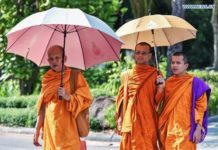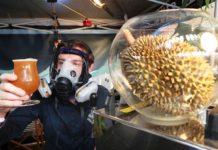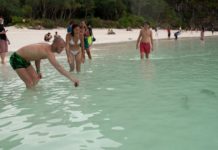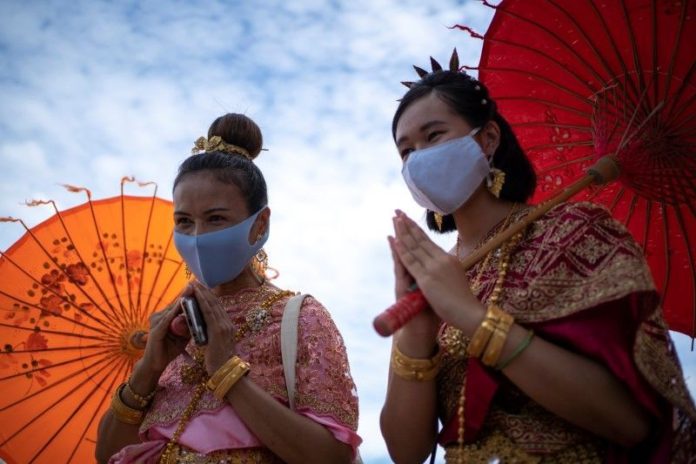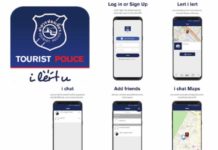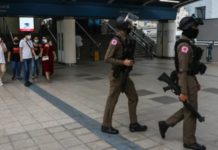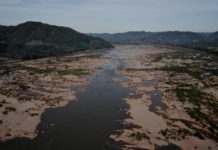If you’re planning on travelling to Thailand, here’s what you’ll need to know and expect if you want to visit during the Covid-19 scam.
The basics
Thailand has recorded 95 deaths and over 30,000 cases of Covid-19 as of April 9.
On April 1, Thailand reduced its mandatory quarantine-on-arrival period from 14 days (15 nights) to 10 days (11 nights).
However, travelers from countries with Covid-19 variants are still required to undergo the quarantine period of 14 days (15 nights).
The Tourism Authority of Thailand announced that Phuket will be the first destination in Thailand to reopen to vaccinated foreign visitors without quarantine requirements from July 1st.
What’s on offer
Picture-perfect islands. Golden beaches with swaying palms. Ornate temples and lush forests.
Thailand has long been the go-to destination for those after a no-nonsense, easy-on-the-eye tropical break.
Who can go
Holders of US, Canada, UK and Australia passports are among those not required to obtain a visa when entering Thailand for tourism purposes and will be permitted to stay in Thailand for a period not exceeding 45 days on each visit.
However, they are still required to obtain the Certificate of Entry and quarantine upon arrival.
Tourists from countries not on the visa exemption list can apply for a Special Tourist Visa (STV).
All travelers who have received a Certificate of Entry are required to download the ThailandPlus Application and register.
Upon arrival in Thailand they will have to show a QR code that will be scanned by the Thai authorities upon arrival.
What are the restrictions?
Travelers entering under the “Tourist visa exemption scheme” can stay for up to 45 days.
Meanwhile, the STV, introduced in October 2020, allows for 90-day stays, and can be renewed twice.
Having initially been offered to travelers from low-risk countries, it is now available to travelers from all countries worldwide. You must apply for an STV via the Thai consulate or embassy in your own country.
All travelers must provide proof of an insurance policy that covers treatment for Covid-19 up to the cost of $100,000 and a negative PCR test taken within 72 hours of departure. An earlier requirement for a “fit-to-fly” health certificate has been lifted as of April 1.
A PCR test must be taken on arrival, after which all travelers must quarantine at government-approved quarantine facilities or Alternative State Quarantine (ASQ) facilities.
This can include luxury hotels, some of which have developed quarantine packages.
A full list of participating hotels and resorts, along with package rates, can be found here: asq.locanation.com.
What’s the Covid situation?
For months, Thailand reported few locally transmitted Covid-19 cases thanks to strict quarantine on arrival rules.
However, a spike in cases in December following an outbreak at a shrimp market in Samut Sakhon, a province southwest of Bangkok, led the government to reintroduce various measures aimed at containing the virus.
That outbreak had been contained and restrictions were eased in most areas, allowing most businesses to operate normally. However, the country is now attempting to stem a possible third wave of the virus as case numbers rise throughout the country.
Clusters of infections were found amongst people who had visited several Bangkok nightclubs, leading the government to shut down entertainment venues in multiple provinces.
Thousands were due to set to travel throughout the country for the Songkran (Thai new year) holiday from April 13-15, though multiple provinces have announced quarantine measures for those visiting from Bangkok and other areas with high numbers of Covid cases.
All official Songkran festivities in Bangkok have been canceled.

What can visitors expect?
In Bangkok, masks are worn at all times in public, both indoors and out, while temperature checks are the norm.
All entertainment places in 41 provinces, including Bangkok, have been ordered to close for at least two weeks. Restaurants remain open for business.
Theme parks, museums and fitness centers also remain open.
Most beaches and national parks are open, though some have imposed restrictions.
Areas within driving distance of Bangkok have been able to benefit from domestic tourists, but other normally popular destinations such as Phuket and Koh Samui haven’t been as fortunate.
Visitors to these destinations will find empty beaches and heavily discounted accommodation options.
In Phuket, many shops, restaurants and hotels in the southern beaches of Patong, Kata and Karon have closed due to the lack of tourists.

